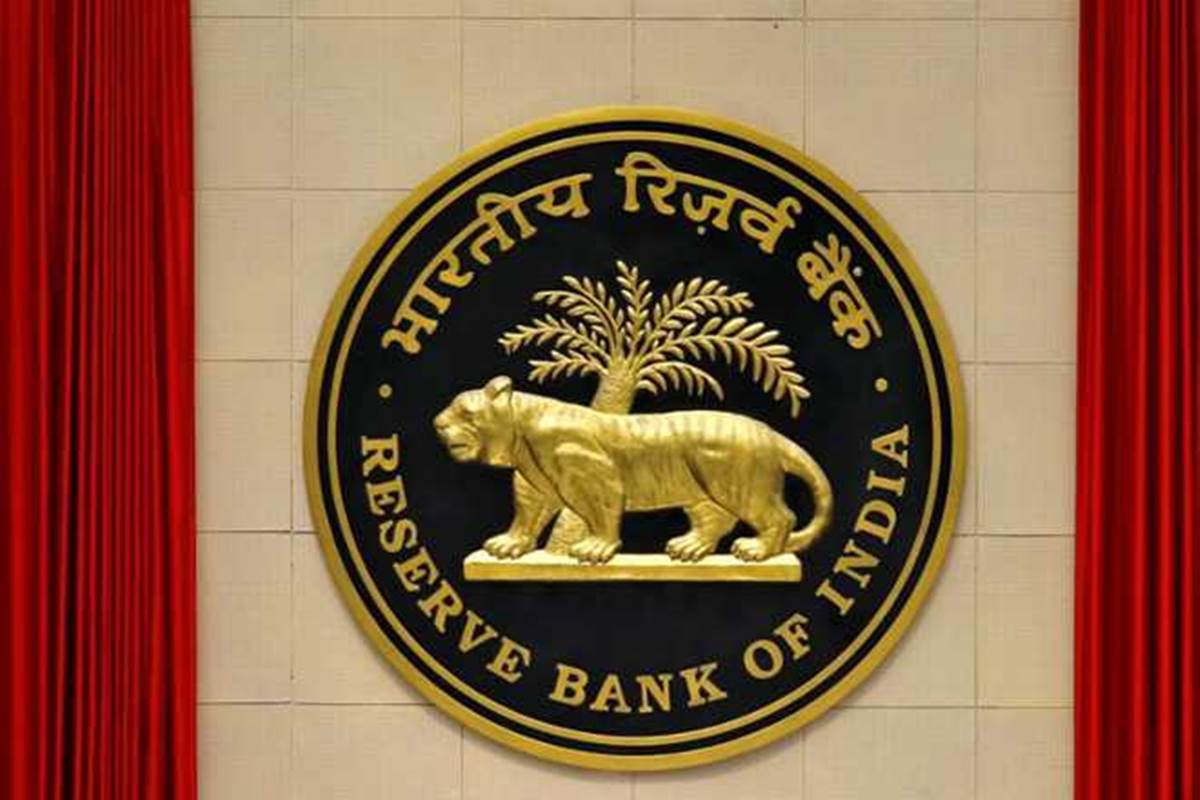MARKETS
2021 may be India's IPO year as unicorns drive India into new era: RBI
Homegrown unicorns will lead country into new era of growth in financial markets and 2021 could turn out to be India’s year of IPO, an RBI article said.
Homegrown unicorns will lead country into new era of growth in financial markets and 2021 could turn out to be India’s year of IPO, an RBI article said.

Homegrown unicorns will lead the country into a new era of growth in the financial markets and the year 2021 could turn out to be India’s year of IPO, an RBI article said.
“A new era has clearly begun,” the article said referring to the 100 unicorns in India with incredible valuations.
"...growth impulse is igniting financial markets. 2021 could well turn out to be India's year of the IPO. Debut offerings by Indian unicorns unlisted start-ups kicked off by a food delivery app's (Zomato) stellar IPO that was oversubscribed 38 times, have set domestic stock markets on fire and global investors in a frenzy," the central bank said in an article on the 'State of Economy'.
The article further said that "the USD 2.2 billion proposed listing by a payment and financial services app symbolises investor excitement surrounding India's digitalisation digital payment solutions; e-commerce; logistics".
The IPO of a specialty chemical manufacturing exporter was subscribed 180 times. These IPOs of new age companies arrive as bullishness about India mounts, especially around Indian tech.
India’s tech boom, in fact, has been long awaited, with strong global and domestic appetite for what are widely believed to be world class businesses in the pipeline, notwithstanding initial losses that have largely stemmed from the deep discount business models adopted by them.
"A new era has clearly begun. It is estimated that India has 100 unicorns (Credit Suisse, 2021), with 10 new ones created in 2019, 13 in 2020 in spite of the pandemic and 3 a month in 2021 so far. They do not rely on inherited wealth or dependence on bank loans or extra-business connections, but on talent and innovative ideas. These are the children of liberalisation, not of the wealthy," it said.
These listings coincide with a broader rush by Indian companies to tap the market and the fomo (fear of missing out) factor driving investors, which have taken the benchmark indices to records. It is estimated that India has 100 unicorns (Credit Suisse, 2021), with 10 new ones created in 2019, 13 in 2020 in spite of the pandemic and 3 a month in 2021 so far. They do not rely on inherited wealth or dependence on bank loans or extra-business connections, but on talent and innovative ideas. These are the children of liberalisation, not of the wealthy, the article said.
In fact, markets regard them as ‘concept stocks’ because they flout the existing conventions – they have neither made profits nor issued any guidance on ever getting to profitability. Evidently, without an established set of plain vanilla financial metrics to value these businesses, investors have shown that they tend to be open-minded. These IPOs also dispel the myth that start-ups have to domicile outside India to tap the public market. This is a great positive development for the domestic ecosystem of startups. It showcases the strength, maturity and scale of domestic equity markets. It will encourage a larger flow of savings than before into venture capital, and fund job creation, infrastructure, innovation and wealth. They could inspire young Indians to give wings to their dreams and break out of traditional moulds or other cocoons of inertia, the article said.
Yet, this explosion of interest in these companies will only be sustained if they are able to convert innovative ideas into metrics such as breaking even at the level of earnings before interest, taxes, depreciation and amortisation (EBITDA) level without expensing business development costs, followed by cash flows and profits. Expanded and dynamic exploitation of innate advantages such as data and logistics will be essential to live up to investors’ starry eyed expectations. The jury is still out. Investors will closely scrutinise their stories. Analysts will put it down to stock markets’ idiosyncratic behaviour, investors’ greed and bandwagon effects, including myopic pursuit of listing day gains.
The article is authored by a team lead by RBI Deputy Governor Michael Debabrata Patra. The central bank said views expressed in the article are those of the authors and do not necessarily represent the views of the Reserve Bank of India.
There are already warnings of systemic risks to financial stability that monetary policy authorities should not ignore as the unicorn IPO party gets going, the article said. The bursting of the dotcom bubble in 2001 showed that many start-ups could go bust, but risk management practices have changed to diffuse this risk over many newcomers.
